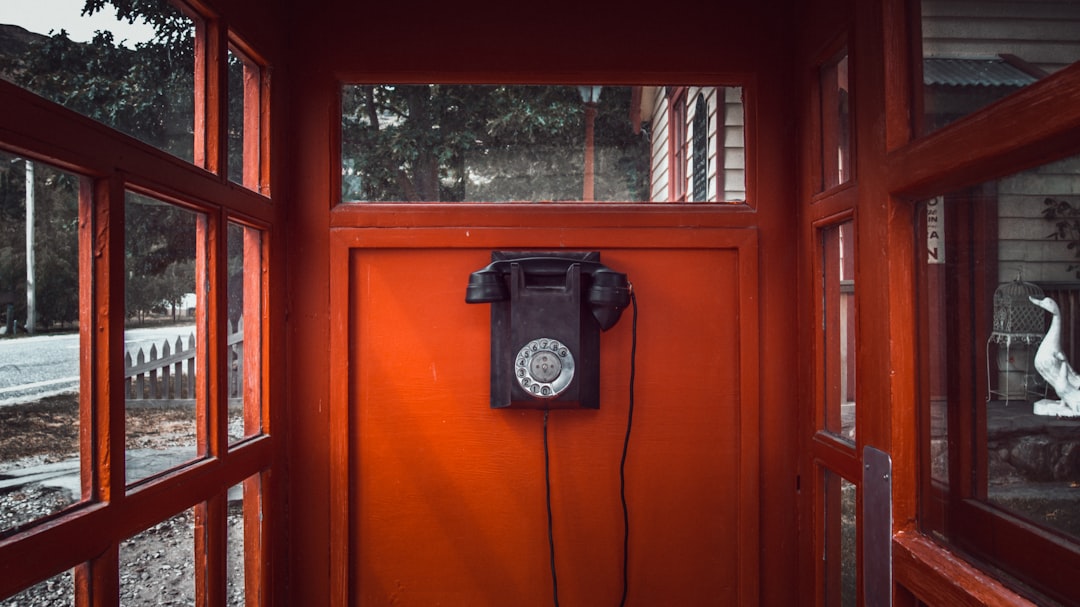In today's digital age, robocalls are a common nuisance, but North Dakota has implemented strong legislation, including the Telemarketing Act and TCFAP, to combat spam calls. Residents can protect themselves by registering on the "Do Not Call" list, suing violators for damages under state law, and seeking guidance from reputable spam call law firms in North Dakota. To sue, individuals must prove they received an unwanted automated call, experienced harm or distress, and have evidence of caller identification. Documenting incidents and blocking calls is crucial, with options including filing complaints with the FTC or pursuing legal action through spam call law firms in North Dakota.
Are you tired of persistent robocalls interrupting your day? In Fargo, North Dakota, these automated phone calls can be more than just annoying—they may also be illegal. This article guides you through the legal landscape surrounding spam calls in North Dakota and explains your rights to sue for unwanted robocalls. From understanding state laws to knowing what to prove, we break down the steps to take if you’ve received a harassing robocall, helping you protect your privacy with the help of local Spam call law firms.
Understanding Robocalls and Spam Laws in North Dakota

In today’s digital era, robocalls have become a ubiquitous and often annoying part of daily life. These automated phone calls, designed to reach a wide audience quickly, are commonly used for marketing purposes but can also fall under the category of spam. North Dakota, like many states, has enacted specific laws to combat this issue and protect its residents from unwanted and fraudulent calls.
The Spam Call Law in North Dakota is primarily governed by the Telemarketing Act, which restricts the practices of telemarketers and provides consumers with certain rights. It allows residents to register their phone numbers on the “Do Not Call” list, limiting the number of marketing calls they receive. Additionally, the law prohibits false or deceptive representations in telemarketing campaigns, ensuring that consumers are not misled by robocalls. If a consumer believes they have been the victim of spam calls or has experienced harassment, they can take action and contact reputable spam call law firms in North Dakota for guidance and legal assistance.
The Legal Framework for Suing Robocallers in Fargo

In Fargo, North Dakota, the legal framework for suing robocallers is primarily governed by the state’s anti-spam laws and federal regulations. The Telemarketing and Consumer Fraud and Abuse Prevention Act (TCFAP) restricts the use of automated dialing systems and prerecorded messages for telemarketing purposes without prior express consent from consumers. This federal law sets strict guidelines for robocallers, including requirements for obtaining valid phone numbers and honoring do-not-call requests.
Additionally, North Dakota has its own Spam Call Law, which further protects residents from unwanted telephone solicitations. This law allows individuals to file civil lawsuits against violators, seeking damages for each violation. Local courts in Fargo have jurisdiction over such cases, providing residents with a legal avenue to hold robocallers accountable and seek compensation for their disturbance and potential financial losses caused by spam calls.
What You Need to Prove to File a Lawsuit

To file a lawsuit against a spam call in Fargo, North Dakota, you’ll need to prove three key elements. First, demonstrate that you received a robocall – automated or prerecorded – from a caller who violated state laws. North Dakota has specific regulations against these types of calls, so establishing this is crucial. Second, show that the call was unwanted and caused you harm, distress, or invasion of privacy. This could be demonstrated through your personal experiences, such as stress, anxiety, or disruption to daily life caused by frequent robocalls.
Lastly, you must provide evidence that the caller identified themselves or their company, or that they made the call for a specific purpose allowed under law. Many spam calls try to evade identification, so having records like call logs, screenshots, or even recorded conversations can significantly strengthen your case. If you can gather proof that the call was illegal and intrusive, you have a solid foundation to proceed with a lawsuit against the offending spam call law firms in North Dakota.
Steps to Take if You've Received an Unwanted Robocall

If you’ve received an unwanted robocall in Fargo, North Dakota, there are several steps you can take to protect your rights and potentially hold the caller accountable. First, document the incident by noting the date, time, and any details about the message or caller’s identity. Many smartphones have built-in tools to automatically block and identify spam calls, which can be a helpful starting point.
Next, consider reaching out to a reputable spam call law firms in North Dakota that specializes in representing victims of robocalls. They can guide you on your legal options, which may include filing a complaint with the Federal Trade Commission (FTC) or taking further action based on state laws, including North Dakota’s regulations regarding telemarketing practices.






